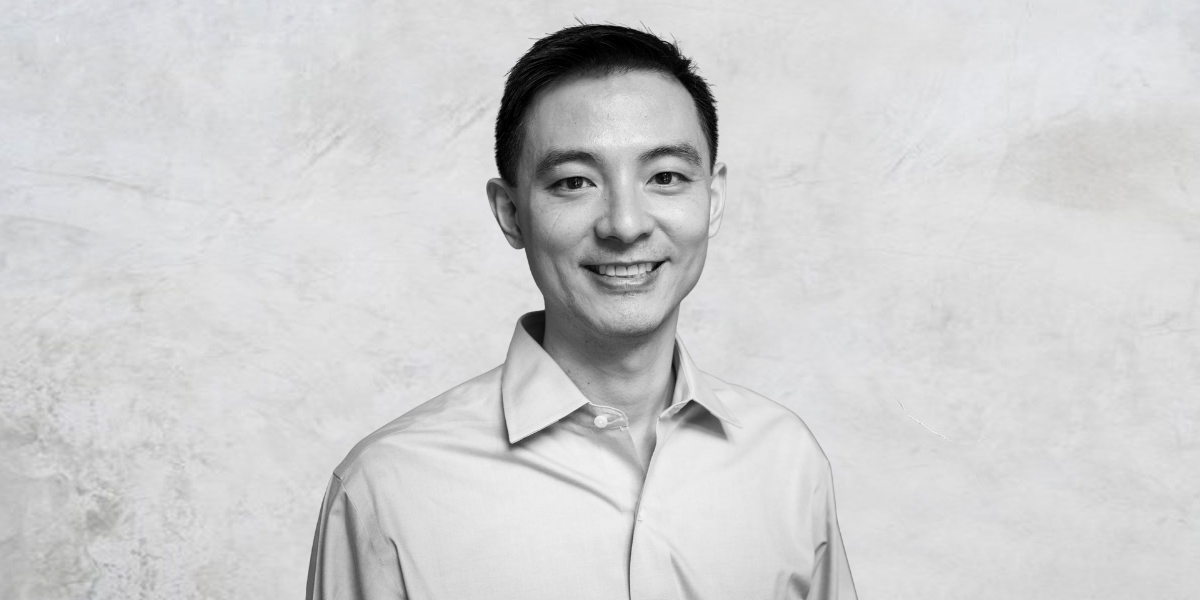
Matthew Liao (1972 – present) is a contemporary philosopher and bioethicist. Having published on a wide range of topics, including moral decision making, artificial intelligence, human rights, and personal identity, Liao is best known for his work on the topic of human engineering.
At New York University, Liao is an Affiliate Professor in the Department of Philosophy, Director of the Center for Bioethics, and holds the Arthur Zitrin Chair of Bioethics. He is also the creator of Ethics Etc, a blog dedicated to the discussion of contemporary ethical issues.
A Controversial Solution to Climate Change
As the climate crisis worsens, a growing number of scientists have started considering geo-engineering solutions, which involves large-scale manipulations of the environment to curb the effect of climate change. While many scientists believe that geo-engineering is our best option when it comes to addressing the climate crisis, these solutions do come with significant risks.
Liao, however, believes that there might be a better option: human engineering.
Human engineering involves biomedically modifying or enhancing human beings so they can more effectively mitigate climate change or adapt to it.
For example, reducing the consumption of animal products would have a significant impact on climate change since livestock farming is responsible for approximately 60% of global food production emissions. But many people lack either the motivation or the will power to stop eating meat and dairy products.
According to Liao, human engineering could help. By artificially inducing mild intolerance to animal products, “we could create an aversion to eating eco-unfriendly food.”
This could be achieved through “meat patches” (think nicotine patches but for animal products), worn on the arm whenever a person goes grocery shopping or out to dinner. With these patches, reducing our consumption of meat and dairy products would no longer be a matter of will power, but rather one of science.
Alternatively, Liao believes that human engineering could help us reduce the amount of food and other resources we consume overall. Since larger people typically consume more resources than smaller people, reducing the height and weight of human beings would also reduce their ecological footprint.
“Being small is environmentally friendly.”
According to Liao, this could be achieved several ways for example, using technology typically used to screen embryos for genetic abnormalities to instead screen for height, or using hormone treatment typically used to stunt the growth or excessively tall children to instead stunt the growth of children of average height.
Reception
When Liao presented these ideas at the 2013 Ted Conference in New York, many audience members found the notion of wearing meat patches and making future generations smaller to be amusing. However, not everyone found these ideas humorous.
In response to a journal article Liao co-authored on this topic, philosopher Greg Bognar wrote that the authors were doing themselves and their profession a disservice by not adequately considering the feasibility or real cost of human engineering.
Although making future generations smaller would reduce their ecological footprint, it would take a long time for the benefits of this reduction in average height and weight to accrue. In comparison, the cost of making future generations smaller would be borne now.
As Bognar argues, current generations would need to devote significant resources to this effort. For example, if future generations were going to be 15-20cm shorter than current generations, we would need to begin redesigning infrastructure. Homes, workplaces and vehicles would need to be smaller too.
Liao and his colleagues do, however, recognise that devoting time, money, and brain power to pursuing human engineering means that we will have fewer resources to devote to other solutions.
But they argue that “examining intuitively absurd or apparently drastic ideas can be an important learning experience, and that failing to do so could result in our missing out on opportunities to address important, often urgent issues.”
While current generations may resent having to bear the cost of making future generations more environmentally friendly, perhaps it is a cost that we must bear.
Liao says, “We are the cause of climate change. Perhaps we are also the solution to it.”
Ethics in your inbox.
Get the latest inspiration, intelligence, events & more.
By signing up you agree to our privacy policy
You might be interested in…
Opinion + Analysis
Science + Technology
The cost of curiosity: On the ethics of innovation
Opinion + Analysis
Health + Wellbeing, Politics + Human Rights, Relationships, Science + Technology
The value of a human life
Opinion + Analysis
Science + Technology
License to misbehave: The ethics of virtual gaming
Opinion + Analysis
Relationships, Science + Technology




